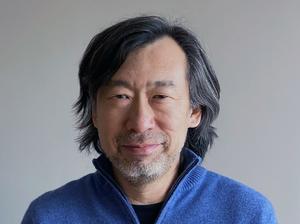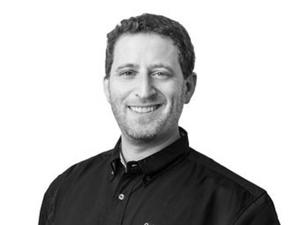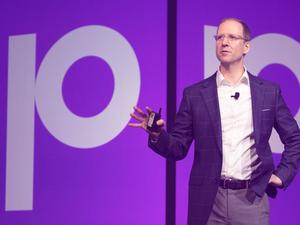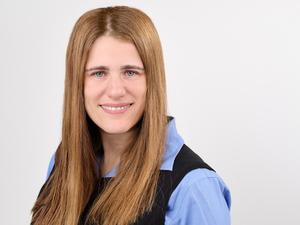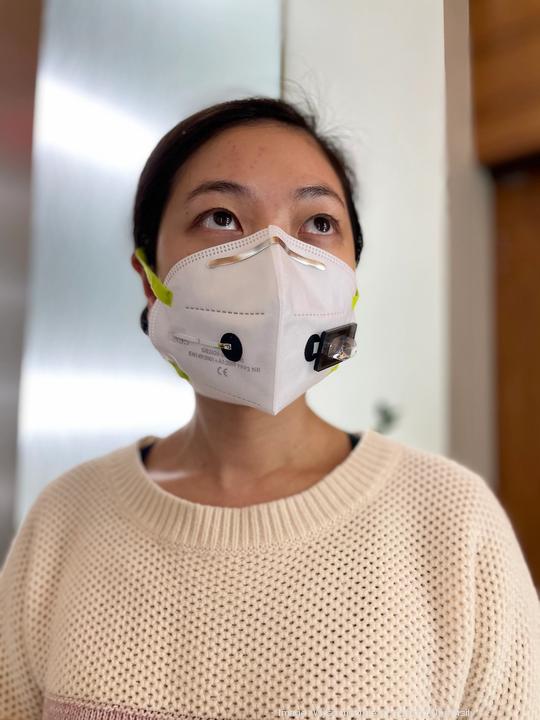
Wyss Institute and MIT developers have created a single-use face mask that can detect if the wearer has Covid-19 using technology similar to an at-home pregnancy test.
A user wears the mask for 15 to 30 seconds, and then pushes a button that activates a sensor that can provide a visual result, either positive or negative.
Research scientists Peter Nguyen, of the Wyss Institute at Harvard, and Luis Soenksen, of MIT’s first Venture Builder in Artificial Intelligence and Healthcare, have been working together on various biotech projects for years, including what they call "reactionary science."
“Back in 2014, we started on this journey where we were developing laboratory-level reactions that can be used outside of the laboratory,” Nguyen said. "Think of something as simple as storing instant Kool-Aid in a drawer and having it when you like. We wanted to allow people to use reactionary technology at their leisure."
Soenksen added: “What we ultimately are doing is translating that biological capability of many biological systems to sensors. But then we're doing this in a format that is safe for people to use on their own.”
While the first use case for the sensing technology is in a face mask, the researchers said it could be built and woven into any kind of fabrics — for medical professionals, front-line responders or the military. Sensors could detect anything from harmful diseases to life-threatening chemicals and other exposures.
“I think the first thing that we want to do is excite the industry outside the research community of the possibility of this platform, outside of any business aspect,” Soenksen said. "This (pandemic) is the first big one of many to come, (but) this is a platform for us being much more ready for the next one and even for the ongoing one."
To Nguyen, having a technology like this at hand is key to helping society stay ahead of the curve.
“I think it's important for us to remember that the pandemic is still raging worldwide, cases in Brazil are still uncontrolled right now. At any point, the Delta variant could take over the U.S. again, especially the unvaccinated population,” Nguyen said.
Over the course of three years, 13 people aided in the completion of the technology. Various postdoctoral researchers, students and interns contributed to the development, Soenksen and Nguyen said.
“I don't think this type of research could happen in many other places in Boston. The world -class interdisciplinary talent that you will find here, I’ve never seen that before. It's hard for me to imagine a place where this could have happened if not Boston,” Soenksen said.
